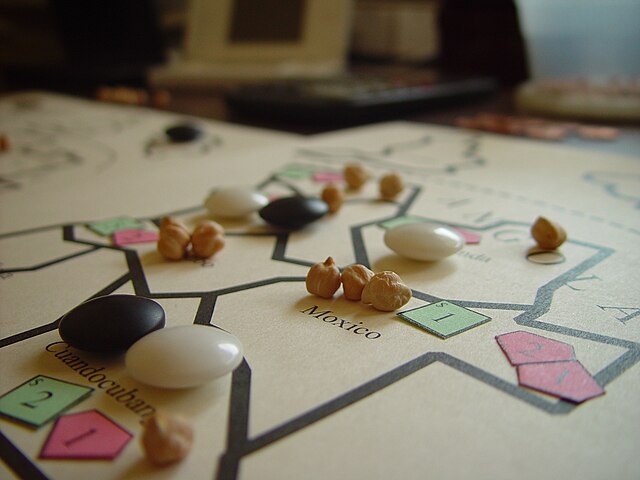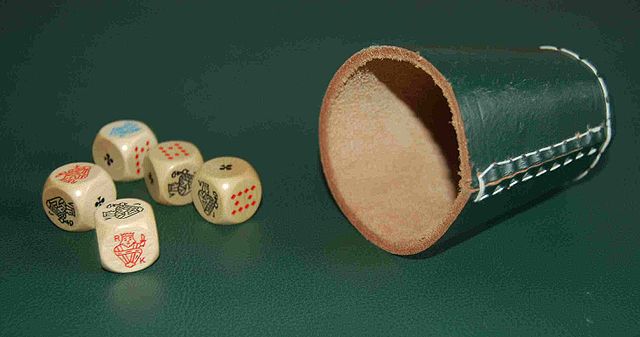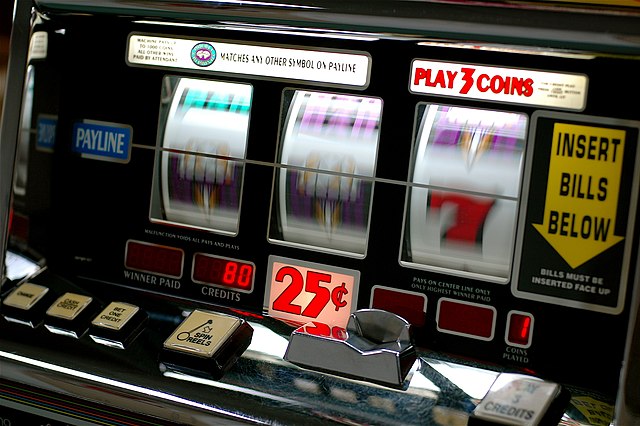Game balance is a branch of game design with the intention of improving gameplay and user experience by balancing difficulty and fairness. Game balance consists of adjusting rewards, challenges, and/or elements of a game to create the intended player experience.
Dice add an element of chance to a game.
A game being moderated by a human gamemaster (right)
Game design is the process of creating and shaping the mechanics, systems and rules of a game. Games can be created for entertainment, education, exercise or experimental purposes. Additionally, elements and principles of game design can be applied to other interactions, in the form of gamification. Game designer and developer Robert Zubek defines game design by breaking it down into its elements, which he says are the following:Gameplay, which is the interaction between the player and the mechanics and systems
Mechanics and systems, which are the rules and objects in the game
Player experience, which is how users feel when they are playing the game
A paper prototype made as part of the design process of the video game Diamond Trust of London
A set of poker dice and a dice cup
All casino games are designed to mathematically favor the house. The house edge for a slot machine can range widely between 2 and 15 percent.
H. G. Wells playing Little Wars






